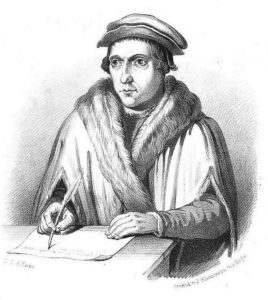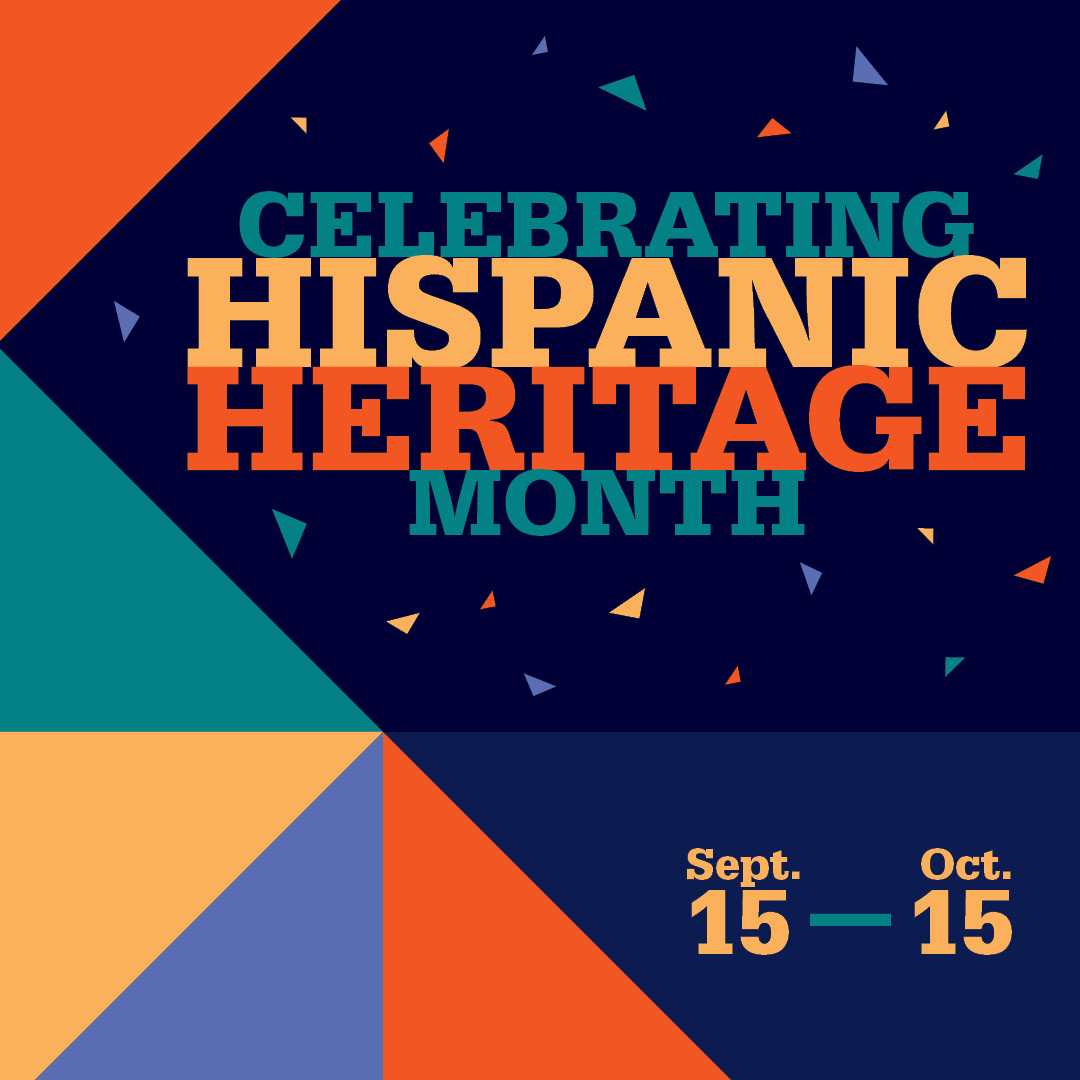“It ought to be the duty of the public officials to take pains to see that men help one another, that no one is oppressed, no one wronged by an unjust condemnation and that the strong come to the assistance of the weak in order that the body of citizens may grow in love day by day and endure forever.”
― Juan Luis Vives

During National Hispanic Heritage Month, September 15-October 15, 2022, we celebrate the achievements and contributions of Hispanic champions who have inspired others to succeed.
Today, we are highlighting the father of modern psychology and the grandfather of psychoanalysis, Juan Luis Vives.
Vives lived during a turbulent time in history. Born in 1493, one year after efforts of the Spanish Inquisition intensified due to royal decrees ordering Jews and Muslims to convert to Catholicism. His family would soon come under persecution for their religious beliefs, with his father, grandmother, grandfather and other extended family members executed. In 1509 Vives left Spain for Paris and started his formal academic education, where he was introduced to the Parisian humanist circle. By 1514, he had left Paris and settled in Bruges, where he would spend most of his life, split between the Netherlands and England.
His impact on the world would start to be felt in 1518, with the publishing of “Fabula de homine” (“A Fable about Man”). This piece offered a preview of his developing views on the nature and purpose of humankind. Vives would continue publishing through his death in 1540, with his last work, “De veritate fidei Christianae” (“On the Truth of the Christian Faith”) posthumously in 1543. In physiology, Vivess’ fame rests on the publication of “De anima et vita libri tres” (“Three Books on the Soul and on Life”) in 1538. Within this work, he would discuss the association of ideas, the nature of memory, animal psychology and induction as a method of psychological discovery. Through this publication and his other works, Vives developed his ideas on psychology, leading to the lasting implications in the field we still feel today.
“One of the most distinctive features of Vives’ study of the human soul is the fundamental role that psychological inquiry came to play in his reform program,” writes Lorenzo Casini in the Stanford Encyclopedia of Philosophy. “His use of psychological principles in his writings often surpasses that of previous authors in scope and detail. He applies these principles, for instance, not only to individual conduct and education, but also to professional practice, social reform and practical affairs in general.”
As the first scholar to analyze the psyche directly, his work would go on to influence others, including:
- Philip Melanchthon, a German theologian, an influential educational system designer.
- Juan Huarte de San Juan, a Spanish physician and psychologist who established many early works on psychology.
- Robert Burton an English writer who is best known for his comprehensive book The Anatomy of Melancholoy.
- René Descartes a French philosopher, scientist and mathematician, who is widely accepted as a leader in the emergence of modern philosophy and science.
Juan Luis Vives is still honored today as a notable educator, scholar, philosopher and pioneer in psychology. As recently as 2013, Vives values inspired two Belgian Schools for higher education (KATHO and Katholieke Hogeschool Brugge-Oostende) to choose his name for their merger.
Sources:

